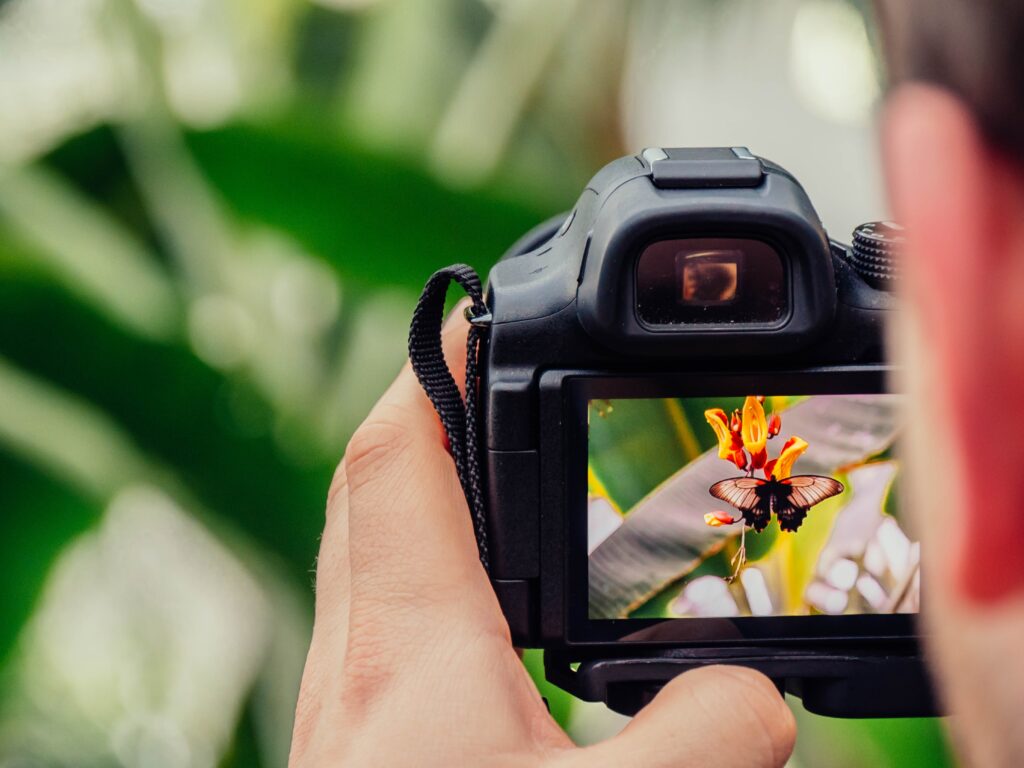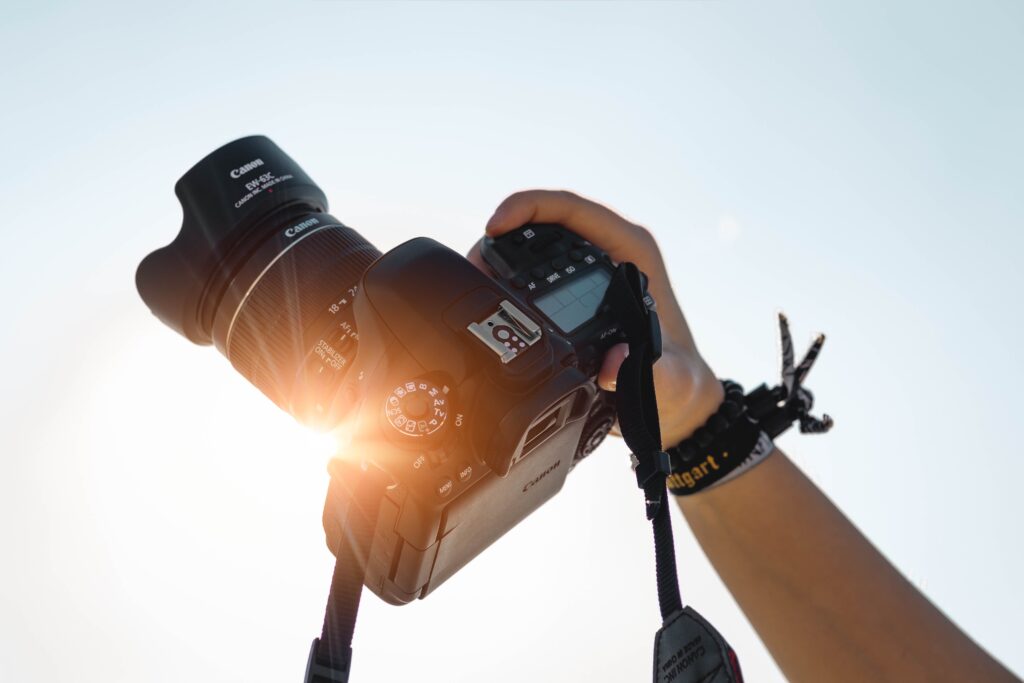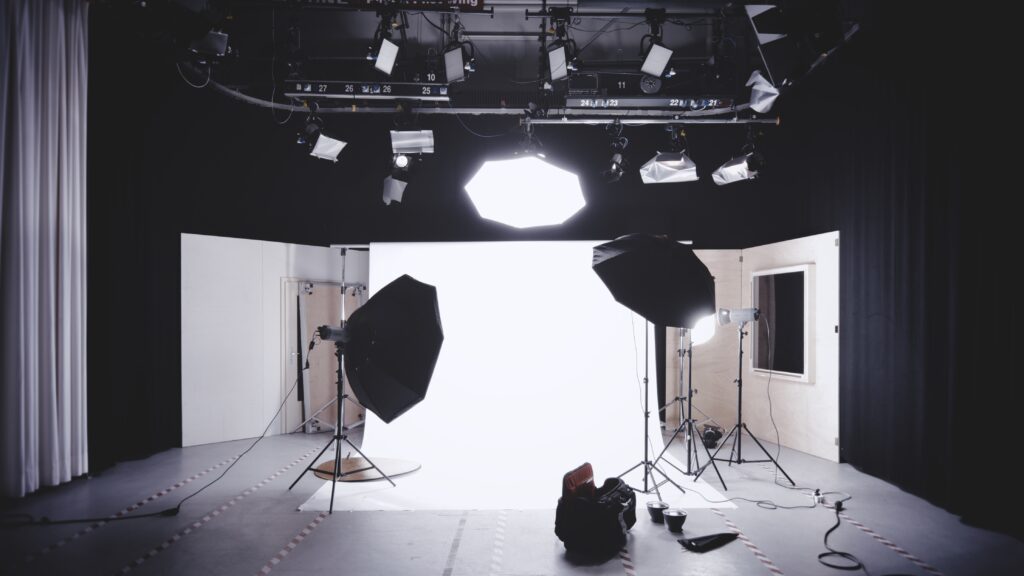If you have ever dreamed of capturing beautiful moments on camera and turning your hobby into a successful profession, then this article is just for you. In this guide, you will learn invaluable tips on how to become a successful professional photographer. From mastering the art of taking breathtaking photos to understanding the importance of light conditions, you will gain insights into the secrets of the best photographers. Additionally, we will explore ways to monetize your passion by selling your photos, as well as advice on creating a photography website to showcase your portfolio. Whether you are interested in capturing stunning landscapes or documenting life’s precious moments, this article will equip you with the knowledge and resources you need to embark on an exciting journey as a professional photographer.
How to Become a Successful Professional Photographer
Becoming a professional photographer is an exciting journey that allows you to capture the world through your lens and share your unique perspective with others. Whether you have just discovered your passion for photography or you have been honing your skills for years, this comprehensive guide will provide you with valuable insights and tips to help you become a successful professional photographer.
Mastering Photography Techniques
The first step towards becoming a successful professional photographer is to master the essential techniques of photography. Understanding concepts such as composition, exposure, and framing will greatly enhance the quality of your photographs. Take the time to learn about different camera modes and settings, such as aperture, shutter speed, and ISO. Experiment with these settings to achieve the desired effects in your images. Additionally, practice regularly to improve your skills and develop your own unique style.
Understanding Light Conditions
Lighting plays a crucial role in photography, and understanding how to work with different light conditions is essential for capturing stunning photos. Harsh midday sunlight can create harsh shadows and overexposed images, while golden hour light during sunrise and sunset can add a magical touch to your photographs. Learn to observe and analyze the quality of light in different situations, and use techniques like backlighting and fill-flash to enhance your images even in challenging lighting conditions.

This image is property of images.unsplash.com.
Utilizing Manual Camera Settings
While many new cameras offer advanced automatic modes, learning to use manual camera settings can significantly elevate your photography skills. Manual mode allows you to have full control over your camera’s settings, enabling you to adjust exposure, depth of field, and focus to match your creative vision. Practice using manual mode in different scenarios to become comfortable with its intricacies and leverage its potential to create breathtaking images.
Learning from the Best Photographers
One of the best ways to improve your photography skills is by learning from the masters of the craft. Study the works of renowned photographers and analyze their techniques, composition, and use of light. Attend photography workshops, seminars, or online courses taught by professional photographers to gain insights into their creative process. Additionally, join photography communities and engage with fellow enthusiasts to exchange ideas and receive feedback on your work.

This image is property of images.unsplash.com.
Developing Your Professional Skills
Becoming a successful professional photographer requires more than just technical expertise. It is essential to develop your professional skills, such as communication, time management, and marketing. Effective communication with clients and subjects will help you understand their expectations and capture the essence of the moments they want to preserve. Time management skills are crucial for juggling multiple projects and delivering them on time. Additionally, learning the basics of marketing and branding will help you promote your work and attract potential clients.
Earning Money through Photo Sales
Once you have honed your photography skills, consider monetizing your passion by selling your photos. There are various avenues to sell your work, including stock photography platforms, art galleries, and online marketplaces. Research the market to identify which platforms align with your niche and target audience. Additionally, consider reaching out to potential clients directly and offering your photography services for specific projects or events. Building a strong portfolio and online presence will increase your chances of attracting buyers and earning income through your photography.

This image is property of images.unsplash.com.
Exploring the Best Photography Locations
Venturing into new and exciting locations can breathe life into your photography. Explore different landscapes, cities, and cultures to capture diverse images that tell captivating stories. Research the best photography locations in your area or dream destinations you have always wanted to visit. Consider the time of year, weather conditions, and local events that may enhance the visual appeal and uniqueness of your photos. Additionally, seek inspiration from fellow photographers or travel photography books to discover hidden gems and off-the-beaten-path locations.
Creating an Impressive Photo Portfolio Website
In today’s digital age, having a well-designed and visually appealing online portfolio is crucial for showcasing your work to potential clients. Create a personal website dedicated to displaying your best photographs and providing essential information about your services and contact details. Choose a clean and user-friendly layout that allows your images to take center stage. Regularly update your portfolio with new and captivating images to keep it fresh and engaging for visitors.
Choosing the Right Camera for Kids
If you have aspiring young photographers in your life, choosing the right camera for them can nurture their passion and help them develop their skills. Consider factors such as durability, ease of use, and affordability when selecting a camera for kids. Look for models specifically designed for children that offer intuitive controls and protective features. Additionally, encourage them to experiment with different subjects and styles of photography to foster their creativity and love for capturing images.
Maintaining and Cleaning Your Camera
Taking care of your camera is essential for maintaining its performance and longevity. Regularly clean the lens and sensor to remove dust, smudges, and other particles that can impact image quality. Invest in a quality camera cleaning kit and follow the manufacturer’s guidelines for safe and effective cleaning. Protect your camera from extreme temperatures, moisture, and physical damage by using a sturdy camera bag or protective case. Additionally, regularly check for firmware updates provided by the manufacturer to ensure optimal functionality.
Exploring Top Camera Brands
When considering investing in a new camera or upgrading your existing gear, it is essential to explore and compare different camera brands. Research reputable brands known for their quality, reliability, and customer support. Nikon, Canon, Sony, and Fujifilm are some of the top camera brands that offer a wide range of models catering to various photography needs and preferences. Read reviews, compare specifications, and consider your budget to make an informed decision that aligns with your specific requirements.
Understanding DSLR Cameras
DSLR (Digital Single Lens Reflex) cameras are widely used by professional photographers for their versatility and image quality. Understanding the basic workings of a DSLR camera, including its lens options, sensor size, and manual controls, can greatly enhance your photography skills. The ability to change lenses allows you to explore different focal lengths and perspectives, while a larger sensor can capture more detail and deliver better image quality. Experiment with different lenses and settings to fully leverage the capabilities of your DSLR camera and expand your creative horizons.
In conclusion, becoming a successful professional photographer requires a combination of technical expertise, artistic vision, and professional skills. Mastering photography techniques, understanding light conditions, and utilizing manual camera settings will elevate the quality and creativity of your images. Learning from the best photographers, developing your professional skills, and exploring different photography locations will expand your knowledge and inspire your work. By monetizing your photography through photo sales and creating an impressive online portfolio, you can attract clients and showcase your talent. Whether you are capturing memories, telling stories, or expressing your unique perspective, remember to enjoy the journey and continuously strive to improve your craft.

